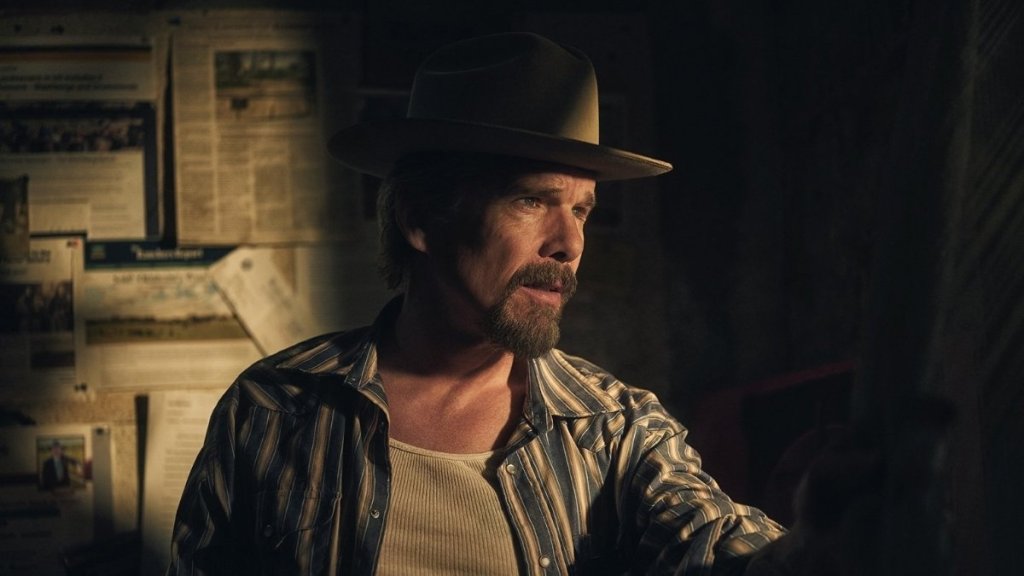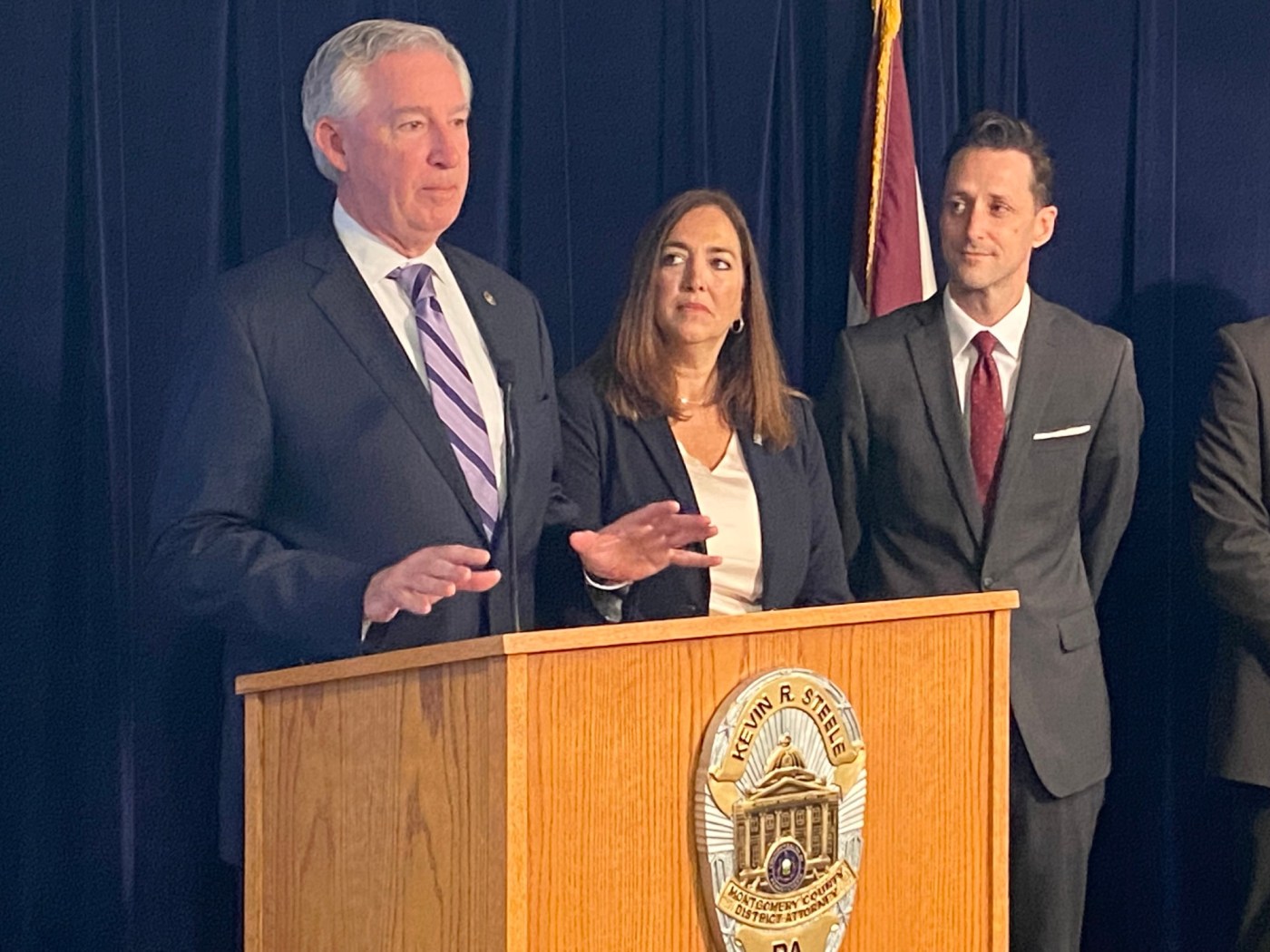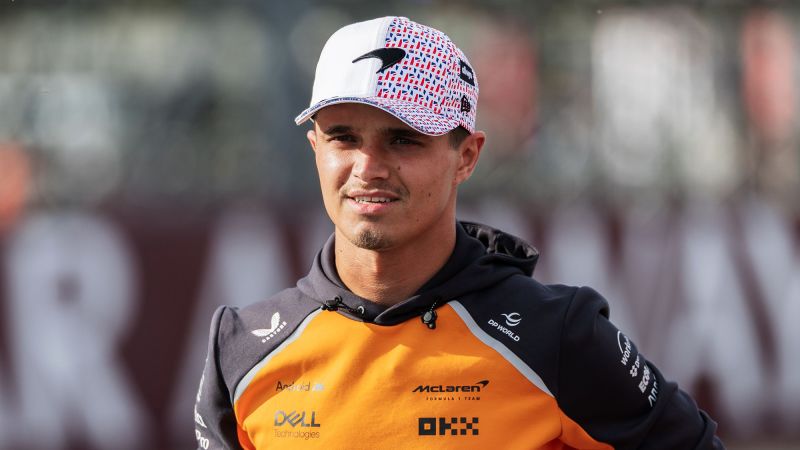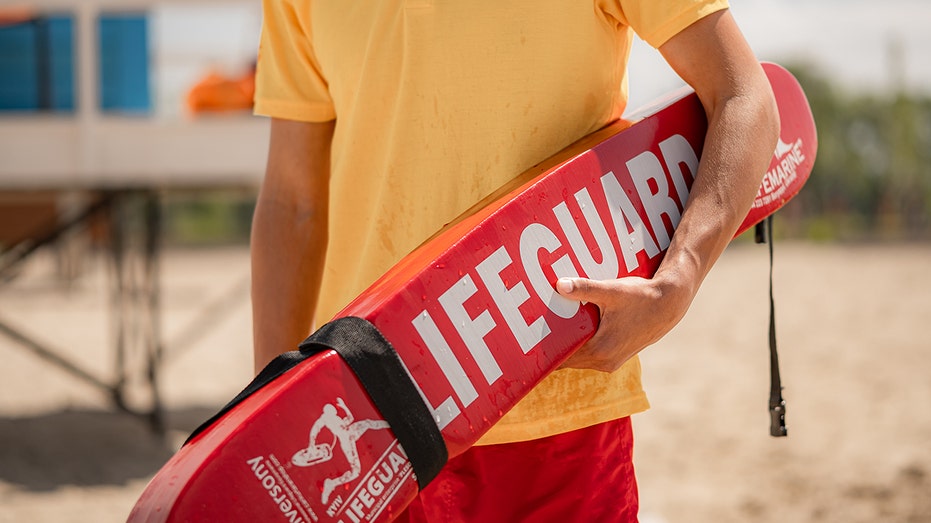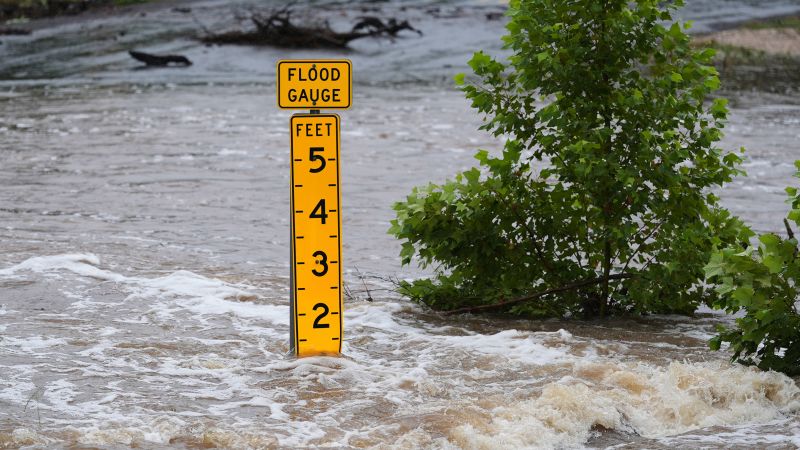Family Fights to Save Indian Nurse from Execution in Yemen
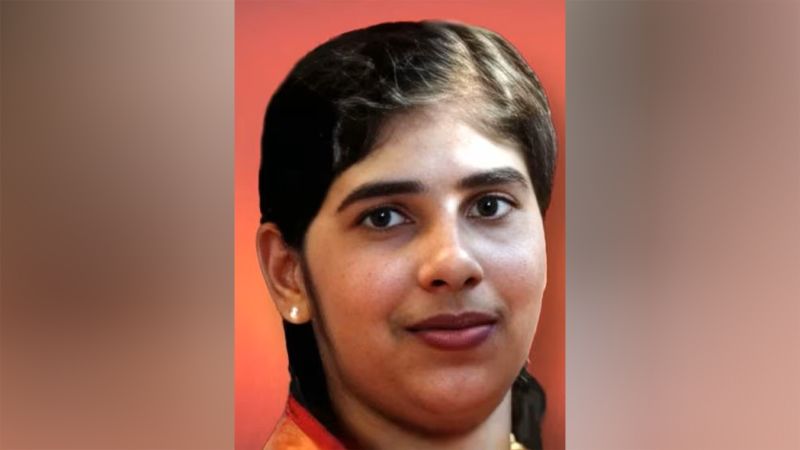
Relatives of Indian nurse Nimisha Priya are urgently trying to commute her death sentence, scheduled for execution on Wednesday. The case has drawn considerable attention in India, as Priya was sentenced to death in 2020 for the murder of her former business partner, a Yemeni national. The victim’s body was discovered in a water tank in 2017, leading to a controversial trial that has left Priya’s family fighting for her freedom.
The conflict complicating this case is rooted in the ongoing civil war in Yemen, which has persisted since 2014. The Houthis, who control the capital city of Sanaa, have no formal diplomatic ties with India, creating significant barriers for Priya’s family and supporters. As her execution date approaches, Indian media outlets have intensified their coverage, while human rights organizations such as Amnesty International have called on the Houthis to halt the execution.
Amnesty International urged the Houthis on Monday to “immediate establish a moratorium on all executions and commute Priya’s and all existing death sentences as first steps,” describing the death penalty as “the ultimate cruel, inhuman and degrading punishment.” Samuel Joseph, a social worker assisting Priya’s family, noted that under Yemen’s Islamic laws, clemency could be granted if the victim’s family pardons her and accepts a financial compensation known as “diyah,” or blood money.
Joseph expressed optimism about the situation, stating, “I am spiriting the efforts here, and by god’s grace, we got people who are helping. The government of India is directly involved.” He emphasized the resolve of Priya’s family, who believe she acted in self-defense against an abusive partner. Joseph criticized the trial’s fairness, noting that Priya was not provided with a translator during proceedings conducted in Arabic.
In 2020, a group of activists and lawyers formed the Save Nimisha Priya Action Council to support her case. The council has raised about ₹5 million (nearly $58,000) for legal assistance and negotiations with the victim’s family. Activist Rafeek Ravuthar highlighted the challenges faced due to the lack of an Indian embassy in Yemen, stating, “The reality is that there is no Indian embassy, there is no mission in this country.”
Politicians from Priya’s home state of Kerala have also sought intervention from Indian Prime Minister Narendra Modi. In a letter to Modi, Kerala’s Chief Minister Pinarayi Vijayan called for the government’s support, emphasizing the need for empathy in this case. India’s Minister of State for External Affairs, Kirti Vardhan Singh, confirmed in February that the government prioritizes the welfare of Indians abroad and is providing all possible assistance.
Priya, who moved to Yemen in 2008 to pursue better opportunities, opened a clinic in Sanaa in 2014. Her aspirations were soon hindered by escalating political tensions, particularly after the Houthis seized control of the capital. Although many foreign nationals chose to evacuate, Priya remained in Yemen, determined to protect her business and the future of her family.
The absence of formal diplomatic ties complicates efforts for those advocating for Priya’s release. All consular matters related to Yemen are managed through the Indian Embassy in Djibouti, necessitating intricate communication and coordination. As of 2024, Yemen is among the top five countries globally for executions, according to Amnesty International, which noted that the Houthis had carried out at least one execution in their controlled areas this year.
Priya’s mother has spent over a year in Yemen, selling her home to finance her daughter’s legal fees and facilitate negotiations for her release. Meanwhile, Priya’s husband, Tomy Thomas, and their daughter remain in Kerala, holding onto hope for her return. “My wife is very good, she is very loving,” Thomas stated. “That is the sole reason I am with her, supporting her and will do so till the end.”
As the clock ticks down to her scheduled execution, the efforts to save Nimisha Priya continue, driven by her family’s unwavering determination and the growing support from human rights advocates and political leaders.


